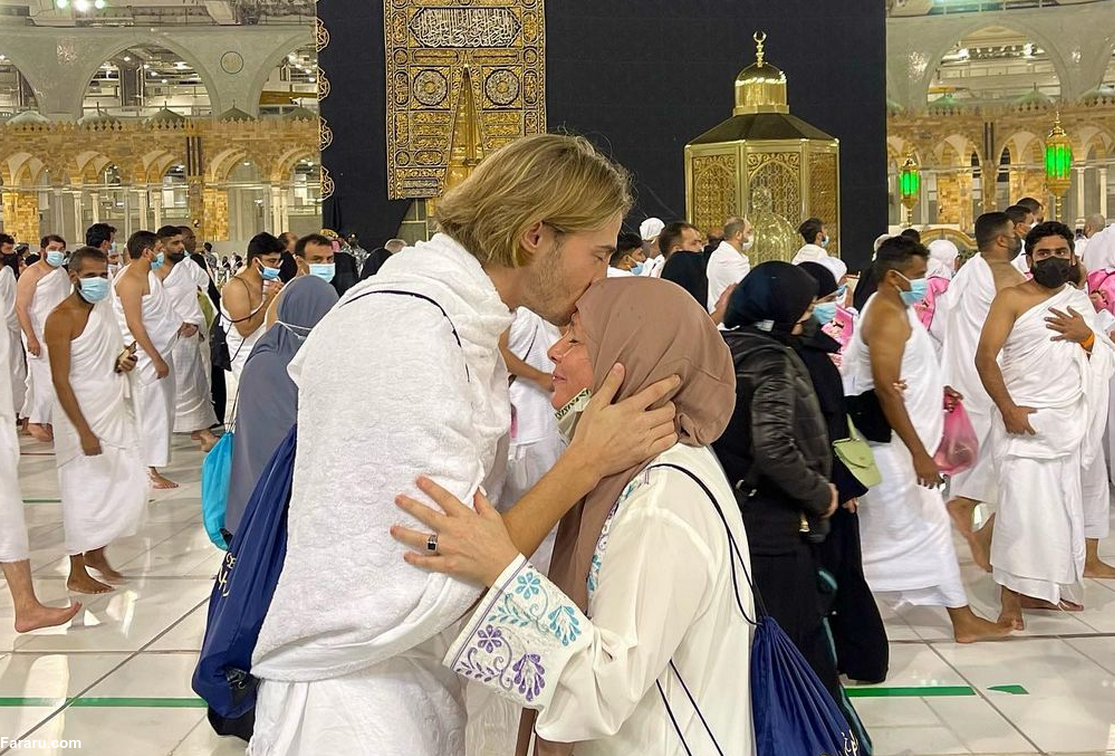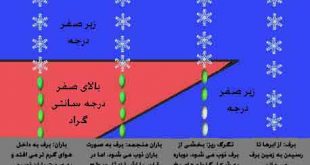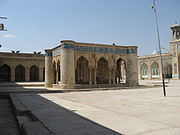اگر محمد بنیانگذار اسلام بود، پس چگونه عیسی، موسی، ابراهیم و غیره، مسلمان بودند؟
در اسلام باور داریم که همه پیامبران، از جمله عیسی، موسی، ابراهیم و محمد، با پیام تسلیم به یک خدای واحد آمده و مردم را به سوی راه راست هدایت کردهاند. با این حال، اسلام نیز آموزش میدهد که محمد آخرین و نهاییترین پیامبر بوده و پیام او درباره تسلیم به خدا (خدایی به نام الله) و اطاعت از حکمات او، آخرین و کاملترین وحی اراده الهی است.
در اسلام، موسی، عیسی، ابراهیم و سایر پیامبران به عنوان مسلمان محسوب میشوند، که به معنای “آن که تسلیم میشود” به خدا. اسلام آموزش میدهد که این پیامبران برای هدایت بشر به سوی پرستش خدا بدون واسطههای دیگر فرستاده شدهاند و پیام توحید و اطاعت از خدا همانند پیامی است که توسط محمد و قرآن به آن تعلیم داده شده است.
با این حال، مهم است به یاد داشت که اگرچه اسلام به وجود پیشینه پیامبران و پیامهایشان ایمان دارد، اما به طبیعت الهی عیسی یا مفهوم سهواحدیت که در اعتقادات مسیحی مرکزی است، ایمان نمیآورد. اسلام آموزش میدهد که عیسی پیامبری از جانب خدا بوده و با پیام پرستش تنها خدا و رد کردن بتپرستی و وثنپرستی برای مردم فرستاده شده است.

ولی نظر شخصی من در ادامه آورده شده است
در اسلام، مفهوم پیامبری از اهمیت بسیاری برخوردار است و باور داریم که خدا (الله به عربی) پیامبران و رسولانی را در طول تاریخ برای هدایت بشر فرستاده است. این پیامبران، از جمله عیسی، موسی، ابراهیم و دیگران، به معنای اینکه به اراده خدا اطاعت کرده و پیام او را به جوامع خود انتقال دادهاند، مسلمان (کسی که به خدا تسلیم شده) هستند.
مسلمانان به پیوستگی پیام از آدم تا آخرین پیامبر، محمد، ایمان دارند. هر پیامبر به جامعهای خاص در زمان خاص فرستاده شده است و با توجه به شرایط آن جامعه، اصول و مقرراتی به آنها اعلام شده است. در حالی که پیام اساسی توحید و تسلیم به خدا ثابت و یکنواخت بوده است، قوانین و مقررات اعلام شده توسط هر پیامبر بر اساس شرایط و چالشهای مردمان آن زمان متغیر بودهاند.
در فهم اسلامی، محمد به عنوان آخرین و نهاییترین پیامبر تلقی میشود و قرآن به عنوان آخرین و کاملترین وحی از جانب خدا در نظر گرفته میشود. مسلمانان باور دارند که پیام ارسالی توسط محمد، پیام تمام کننده و شامل تعلیمات تمام پیشین است. به عبارت دیگر، مسلمانان تأکید دارند که پیام حضرت محمد از دیگر پیامبران جلوتر و گستردهتر است.
لازم به ذکر است که با وجود تشابه در داستانهای پیامبران در مذاهب مختلف، اختلافات قابل توجهی در مسائل لاهوتی و توحید در آنها وجود دارد. به عنوان مثال، دیدگاه اسلامی درباره عیسی با دیدگاه مسیحیان، به ویژه در مورد الهیات او و مفهوم توحید، تفاوت دارد. مسلمانان بر اصرار بر وحدت الهی و باور به اینکه عیسی، همچون سایر پیامبران، انسان بوده و بنده خدا بوده است.
In Islam, the concept of prophethood is central, and it is believed that God (Allah in Arabic) has sent messengers and prophets throughout history to guide humanity. These prophets, including Jesus, Moses, Abraham, and others, are considered to be Muslims in the sense that they submitted to the will of God and conveyed His message to their respective communities.
Muslims believe in the continuity of the message from Adam to the final prophet, Muhammad. Each prophet was sent to a specific community at a specific time, addressing the needs and challenges of that society. While the core message of monotheism and submission to God remained consistent, the laws and regulations revealed to each prophet varied based on the circumstances of their people.
In the Islamic understanding, Muhammad is regarded as the last and final prophet, and the Qur’an is considered the last and complete revelation from God. Muslims believe that the message brought by Muhammad supersedes and encompasses the teachings of all previous prophets. As such, Muslims recognize and respect the contributions of all the prophets, considering them part of a unified line of guidance leading to the final revelation.
It’s important to note that while there are similarities in the stories of the prophets across different religious traditions, there are also significant theological differences. For example, the Islamic perspective on Jesus differs from the Christian understanding, particularly regarding his divinity and the concept of the Trinity. Muslims emphasize the oneness of God and the belief that Jesus, like other prophets, was a human being and a servant of God.









